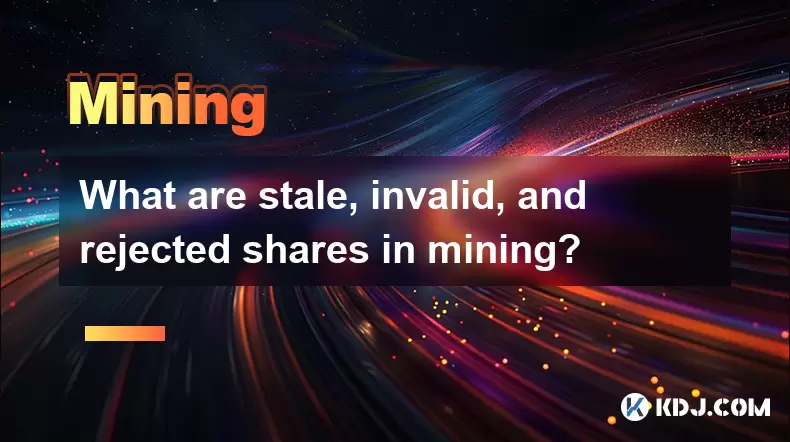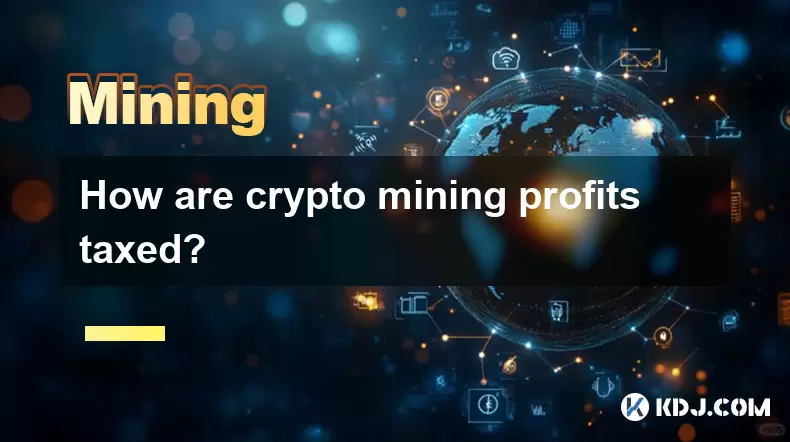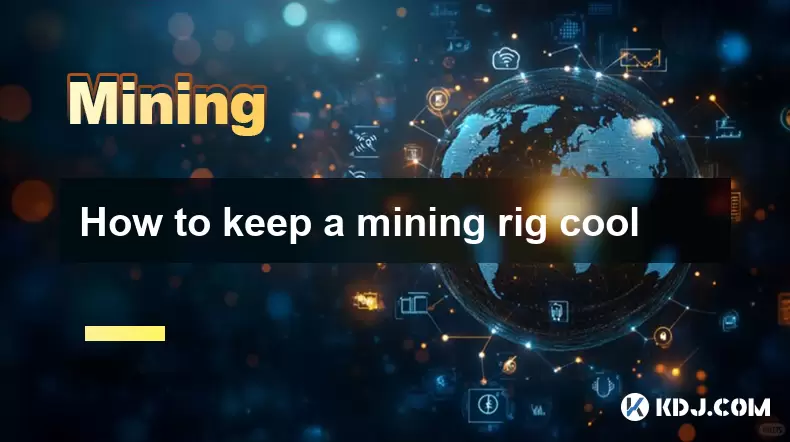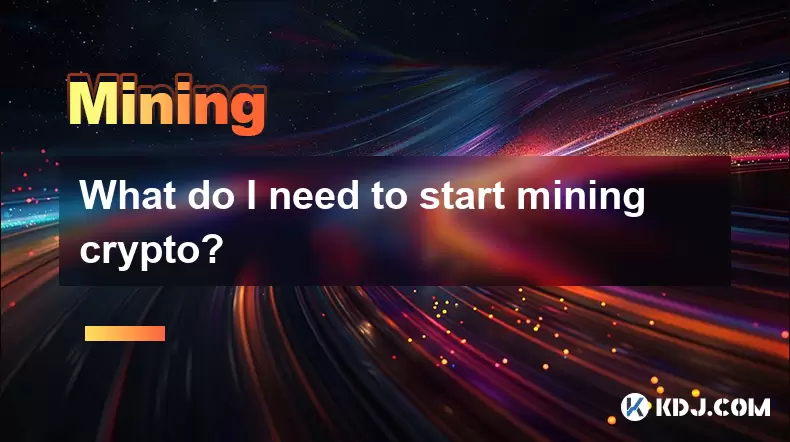-
 Bitcoin
Bitcoin $117,462.8204
-2.03% -
 Ethereum
Ethereum $3,061.1595
1.10% -
 XRP
XRP $2.9139
-2.19% -
 Tether USDt
Tether USDt $1.0002
0.02% -
 BNB
BNB $685.1357
-1.24% -
 Solana
Solana $161.3803
-2.11% -
 USDC
USDC $1.0002
0.04% -
 Dogecoin
Dogecoin $0.1948
-2.92% -
 TRON
TRON $0.2987
-0.89% -
 Cardano
Cardano $0.7330
-1.27% -
 Hyperliquid
Hyperliquid $47.7888
0.13% -
 Stellar
Stellar $0.4514
-2.93% -
 Sui
Sui $4.0169
2.74% -
 Chainlink
Chainlink $15.7088
-2.57% -
 Hedera
Hedera $0.2356
-3.33% -
 Bitcoin Cash
Bitcoin Cash $488.6656
-3.61% -
 Avalanche
Avalanche $21.2955
-1.47% -
 UNUS SED LEO
UNUS SED LEO $9.0415
0.42% -
 Shiba Inu
Shiba Inu $0.0...01332
-0.82% -
 Toncoin
Toncoin $3.0124
-0.62% -
 Litecoin
Litecoin $94.2175
-2.07% -
 Polkadot
Polkadot $4.0011
-0.61% -
 Monero
Monero $333.5714
-3.46% -
 Uniswap
Uniswap $9.1114
-1.56% -
 Dai
Dai $1.0000
0.02% -
 Ethena USDe
Ethena USDe $1.0005
0.00% -
 Bitget Token
Bitget Token $4.4951
1.87% -
 Pepe
Pepe $0.0...01242
0.47% -
 Aave
Aave $321.9943
0.51% -
 Bittensor
Bittensor $434.1984
5.13%
What are stale, invalid, and rejected shares in mining?
Mining shares measure a miner's contribution to a pool, but stale, invalid, or rejected shares can reduce earnings by lowering effective hash rate and reward eligibility.
Jul 15, 2025 at 07:14 am

Understanding the Concept of Mining Shares
In cryptocurrency mining, mining shares represent a unit of work submitted by miners to a mining pool. These shares are used to measure individual contributions and determine reward distribution. However, not all shares are valid or accepted for various technical reasons.
Mining pools require miners to submit shares that meet specific difficulty targets. When these submissions fail certain criteria, they become stale, invalid, or rejected shares.
What Are Stale Shares?
Stale shares occur when a miner submits a share after a new block has already been found on the network. In this scenario, the work done is no longer useful because the blockchain has moved forward.
- Stale shares are not rewarded because they are submitted too late.
- This typically happens due to high network latency or slow communication between the miner and the pool server.
- Miners can reduce stale shares by choosing pools located geographically closer or using low-latency connections.
What Are Invalid Shares?
Invalid shares are those that do not meet the mathematical requirements set by the mining algorithm or pool rules. They may be incorrectly formatted or contain computational errors.
- Invalid shares are often caused by misconfigured mining software or hardware issues.
- If a miner's GPU or ASIC produces incorrect hashing results, it will generate invalid shares.
- Fixing driver problems, updating firmware, or adjusting overclock settings can help eliminate invalid shares.
What Are Rejected Shares?
Rejected shares refer to valid but unaccepted shares due to being submitted outside the acceptable time window or failing pool-side validation checks.
- Rejected shares may result from outdated work units or duplicated submissions.
- Pools reject shares if they arrive after a new job has been issued or if they don’t match the current block template.
- Improving connection stability and ensuring timely polling of new jobs can minimize rejection rates.
How Do These Share Types Affect Mining Rewards?
Each type of problematic share impacts earnings differently depending on how the mining pool distributes rewards.
- Pools using PPLNS (Pay Per Last N Shares) or similar models consider only accepted shares for payout calculations.
- High levels of stale, invalid, or rejected shares lower the effective hash rate recognized by the pool.
- Miners with consistently poor share quality may face reduced payouts or even temporary bans from some pools.
How to Monitor and Reduce Problematic Shares
Monitoring your mining statistics through pool dashboards helps identify whether you're experiencing excessive stale, invalid, or rejected shares.
- Use mining software that displays real-time share status feedback, such as Claymore, NiceHash, or BFGMiner.
- Ensure your mining rig is running the latest drivers and firmware to avoid computation errors.
- Select pools with good uptime and minimal server lag to reduce submission delays.
- Adjust intensity or thread concurrency settings to prevent overheating or instability that could lead to invalid work.
Frequently Asked Questions
Q: Can I mine without joining a pool to avoid dealing with rejected shares?
A: Yes, solo mining eliminates the need for shares since you directly attempt to find blocks. However, this approach requires significantly more hashing power and offers less predictable rewards.
Q: Is there a way to check why a specific share was rejected?
A: Most mining pools do not provide per-share diagnostics, but logs from your mining software may indicate submission timing issues or rejected work notifications.
Q: Do different cryptocurrencies handle shares differently?
A: While the concept of shares remains consistent across Proof-of-Work coins, each blockchain uses its own hashing algorithm and difficulty adjustments, which can affect how shares are validated and accepted.
Q: Does having a high percentage of rejected shares impact other miners in the pool?
A: No, rejected shares only affect the submitting miner’s efficiency and reward potential. Other miners' contributions remain unaffected as long as their shares are valid.
Disclaimer:info@kdj.com
The information provided is not trading advice. kdj.com does not assume any responsibility for any investments made based on the information provided in this article. Cryptocurrencies are highly volatile and it is highly recommended that you invest with caution after thorough research!
If you believe that the content used on this website infringes your copyright, please contact us immediately (info@kdj.com) and we will delete it promptly.
- Coinbase Deribit's USDC Rewards Program: A New Era for Cryptocurrency?
- 2025-07-16 00:30:14
- Presales Popping? Bitcoin Demand & Bitfinex Insights You Can't Miss!
- 2025-07-16 00:30:14
- Riding the Crypto Wave: Bitcoin's Growth Trend Amidst Liquidations
- 2025-07-16 00:35:12
- Solana, Memecoin, Holders: Little Pepe's Big Splash and the Evolving Landscape
- 2025-07-15 22:30:13
- PUMP Token's Wild Ride: Exchange Glitches, Airdrop Anger, and Whale Shenanigans
- 2025-07-15 23:10:12
- Trump Coin Tumbles: Is Little Pepe the Next Meme Coin King?
- 2025-07-15 23:10:12
Related knowledge

How are crypto mining profits taxed?
Jul 14,2025 at 12:28am
Understanding Cryptocurrency Mining and TaxationCryptocurrency mining involves validating transactions on a blockchain network and earning rewards in ...

How to keep a mining rig cool
Jul 12,2025 at 01:42pm
Understanding the Importance of Cooling in Mining RigsCryptocurrency mining is an intensive process that places heavy demand on hardware components, p...

Is crypto mining worth it?
Jul 16,2025 at 01:21am
Understanding the Basics of Crypto MiningCrypto mining refers to the process of validating transactions on a blockchain network by solving complex mat...

How much does it cost to start crypto mining?
Jul 13,2025 at 12:22am
Understanding the Basic Costs of Crypto MiningStarting crypto mining involves several upfront and ongoing expenses. The primary costs include hardware...

What is the most profitable crypto to mine?
Jul 13,2025 at 07:00am
Understanding Mining Profitability in CryptocurrencyWhen evaluating the most profitable crypto to mine, it's essential to consider several factors tha...

What do I need to start mining crypto?
Jul 13,2025 at 12:28am
Understanding the Basics of Crypto MiningCrypto mining is the process by which transactions are verified and added to a blockchain, and new coins are ...

How are crypto mining profits taxed?
Jul 14,2025 at 12:28am
Understanding Cryptocurrency Mining and TaxationCryptocurrency mining involves validating transactions on a blockchain network and earning rewards in ...

How to keep a mining rig cool
Jul 12,2025 at 01:42pm
Understanding the Importance of Cooling in Mining RigsCryptocurrency mining is an intensive process that places heavy demand on hardware components, p...

Is crypto mining worth it?
Jul 16,2025 at 01:21am
Understanding the Basics of Crypto MiningCrypto mining refers to the process of validating transactions on a blockchain network by solving complex mat...

How much does it cost to start crypto mining?
Jul 13,2025 at 12:22am
Understanding the Basic Costs of Crypto MiningStarting crypto mining involves several upfront and ongoing expenses. The primary costs include hardware...

What is the most profitable crypto to mine?
Jul 13,2025 at 07:00am
Understanding Mining Profitability in CryptocurrencyWhen evaluating the most profitable crypto to mine, it's essential to consider several factors tha...

What do I need to start mining crypto?
Jul 13,2025 at 12:28am
Understanding the Basics of Crypto MiningCrypto mining is the process by which transactions are verified and added to a blockchain, and new coins are ...
See all articles

























































































